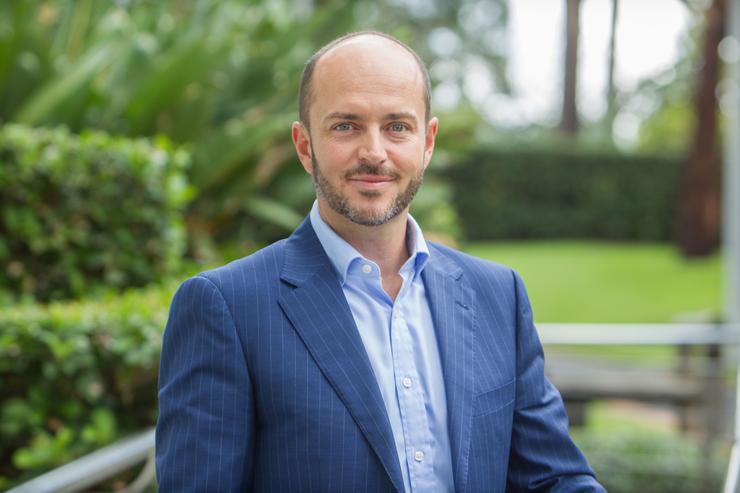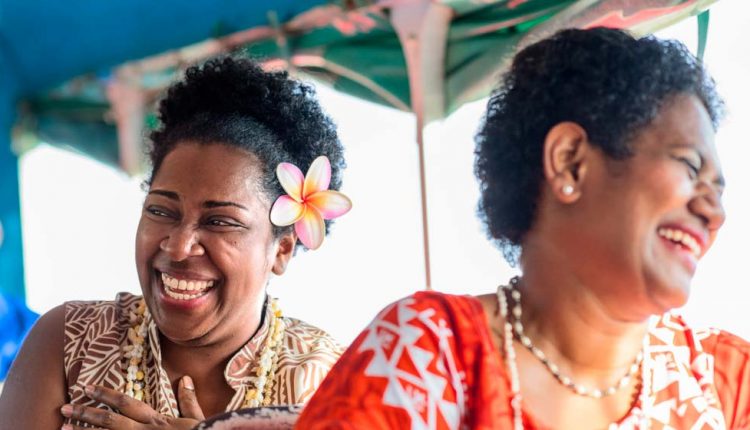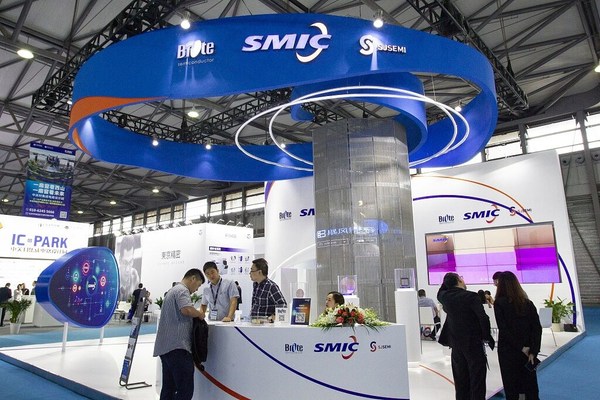Rubrik names Antoine Le Tard as APAC VP
RUBRIK, known as the Zero Trust Data Security Company, has appointed experienced cybersecurity leader, Antoine Le Tard as its vice president for the Asia-Pacific (APAC) region.
Based in Sydney, Mr Le Tard brings more than 25 years of IT industry experience following senior leadership roles at RSA Security, Verizon, and most recently as global vice president for Asia-Pacific Japan and China (APJC) at AppDynamics.
“There is no way to stop every single cyber attack, regardless of what industry you’re in,” Mr Le Tard said. 
“With this in mind, the future of cybersecurity lies in turning the traditional fortress mentality on its head and making the business resilient in the wake of an attack. That’s why I joined Rubrik. The company’s approach to data security helps ensure potentially catastrophic incidents become minor inconveniences.”
Le Tard said his priority as Rubrik’s APAC leader would be to build upon the company’s positive momentum and strong community of partners and customers while continuing to accelerate Rubrik’s mission to secure the world’s data.
Mr Le Tard will work closely with APAC country leaders including Scott Magill, Koichi Ishii, and Ritesh Gupta who lead Rubrik’s businesses in Australia and New Zealand, Japan, and India, respectively.
Mr Le Tard’s appointment follows Rubrik’s strong global momentum including recently surpassing $400m in subscription annual recurring revenue (ARR), accelerating customer count to more than 4,500, and the appointments of former CIA chief information security officer (CISO), Michael Mestrovich, as Rubrik’s new CISO, and former director of the US Cyber Security and Infrastructure Agency, Chris Krebs, as chair of Rubrik’s CISO Advisory Board.
Rubrik pioneered its trademarked Zero Trust Data Security to help organisations achieve business resilience against cyberattacks, malicious insiders, and operational disruptions. Rubrik Security Cloud, powered by machine learning, secures data across enterprise, cloud, and SaaS applications.
ends

 How to resolve AdBlock issue?
How to resolve AdBlock issue? 





